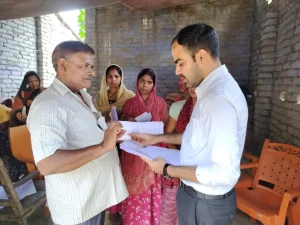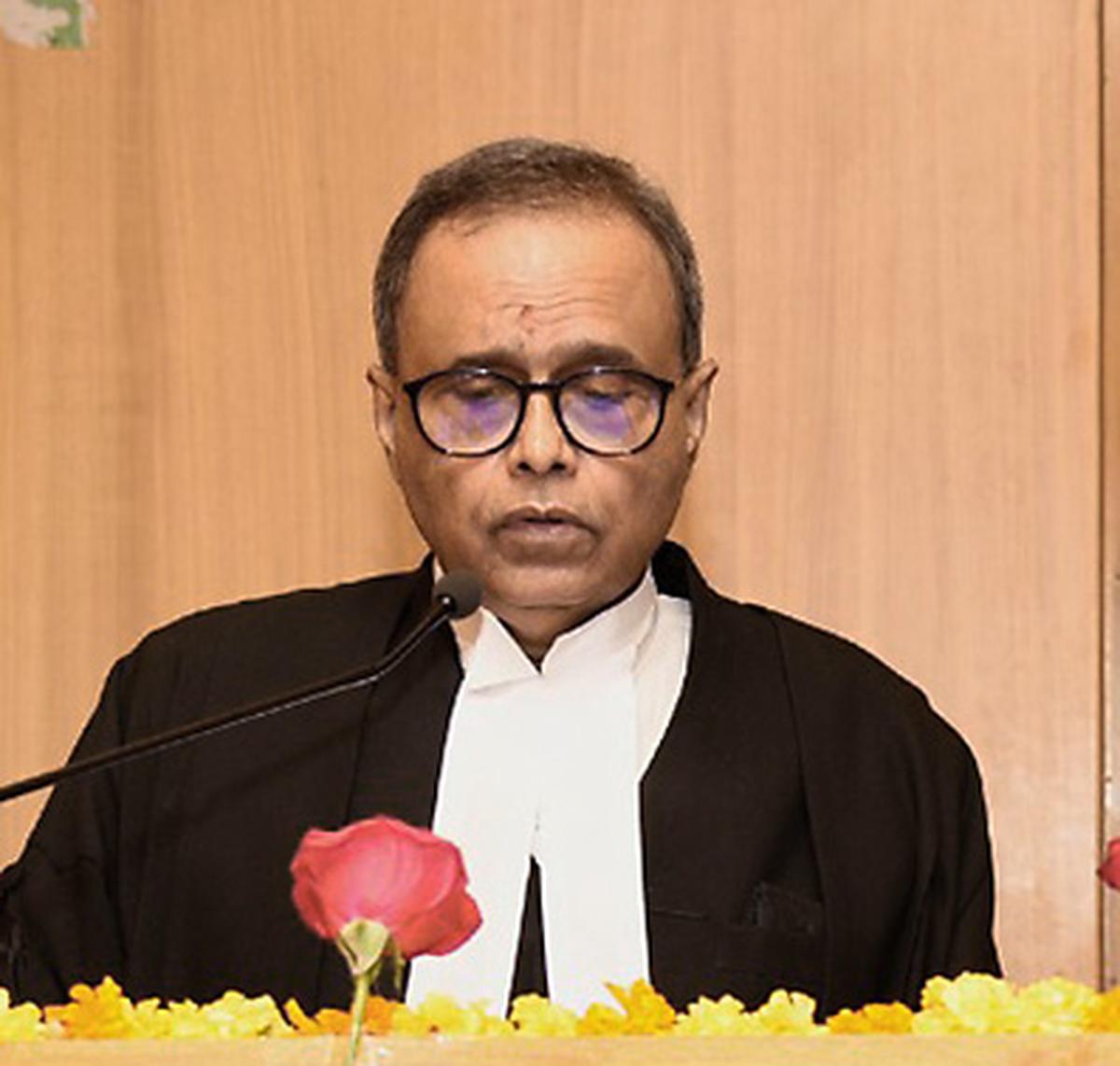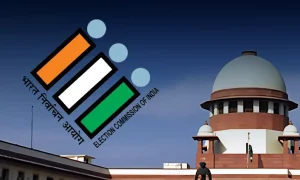New Delhi – The Supreme Court On Bihar Election has delivered a landmark ruling regarding the state’s ongoing voter registration process. On July 10, 2025, the apex court instructed the Election Commission of India (ECI) to consider Aadhaar cards, Elector’s Photo Identity Cards (EPIC), and ration cards as valid proof for voter registration during the Special Intensive Revision (SIR) of Bihar’s electoral rolls.
This significant Supreme Court On Bihar Election decision comes at a crucial time as the state prepares for Assembly elections scheduled for November 2025. The ruling addresses growing concerns about potential voter disenfranchisement and ensures broader accessibility to the electoral process.
Understanding the Special Intensive Revision Process

The Supreme Court On Bihar Election ruling centers around Bihar’s Special Intensive Revision, a comprehensive exercise aimed at updating the state’s electoral rolls. The ECI initiated this process following concerns that the last intensive review of voter lists in Bihar was conducted in 2003, making an updated revision necessary.
A Bench comprising Justices Sudhanshu Dhulia and Joymalya Bagchi examined the legal framework governing this revision process. The Supreme Court On Bihar Election proceedings revealed that the ECI had initially listed eleven documents for voter verification, but this list was deemed non-exhaustive by the court.
The judges emphasized that the revision exercise primarily focuses on identity verification rather than citizenship determination. This distinction became crucial in the Supreme Court On Bihar Election deliberations, as it clarified the scope and purpose of the ongoing voter registration drive.
Key Documents Now Accepted for Voter Registration
The Supreme Court On Bihar Election order specifically mentions three additional documents that the ECI must now consider:
Aadhaar Cards: Despite ECI’s initial objections that Aadhaar only authenticates identity and not citizenship, the court recognized it as a primary identity document. Justice Dhulia noted that Aadhaar cards are fundamental for obtaining other official documents, making their exclusion from the voter registration process questionable.
EPIC Cards: The court found it paradoxical that the ECI would reject its own issued Elector’s Photo Identity Cards as proof for voter registration. This Supreme Court On Bihar Election observation highlighted inconsistencies in the commission’s approach.
Ration Cards: These government-issued documents serve as proof of residence and identity, making them relevant for voter registration purposes according to the court’s assessment.
Legal Arguments and Constitutional Concerns
The Supreme Court On Bihar Election case featured extensive legal arguments from multiple parties. Senior advocates representing the petitioners, including Kapil Sibal, A.M. Singhvi, Gopal Sankaranarayanan, Shadan Farasat, and Vrinda Grover, argued that the SIR process resembled “citizenship screening” targeting vulnerable populations.
The petitioners contended that the ECI lacked jurisdiction to determine citizenship, as this responsibility falls under the Ministry of Home Affairs. They emphasized that the Supreme Court On Bihar Election case highlighted fundamental issues about voting rights and democratic participation.
Justice Dhulia observed that the matter strikes at “the very roots of our democracy” and concerns the fundamental “right to vote.” This Supreme Court On Bihar Election statement underscored the constitutional significance of the proceedings.
Statistical Evidence and Public Impact


The Supreme Court On Bihar Election case revealed concerning statistics about document accessibility among Bihar’s population. According to survey data presented during the proceedings, 87% of the population possesses Aadhaar cards, while only 14% have matriculation certificates and merely 2% hold passports.
These figures demonstrated that restricting voter registration to the original eleven documents could potentially disenfranchise a substantial portion of Bihar’s electorate. The Supreme Court On Bihar Election ruling addresses this concern by expanding acceptable documentation.
Currently, the ECI reports that 60% of enumerations, approximately 5.5 crore forms, have been completed and uploaded to the newly created ECI Net platform. This digital initiative represents the first time such comprehensive voter data has been systematically digitized.
Timing and Electoral Implications
The Supreme Court On Bihar Election proceedings raised questions about the timing of the SIR exercise. Justice Bagchi specifically questioned why the revision process began in Bihar ahead of other states, particularly given the upcoming Assembly elections.


The court noted that the SIR process involves strict deadlines, with citizens having only 30-day windows for various procedural requirements. This Supreme Court On Bihar Election observation highlighted concerns about adequate time for proper voter verification and registration.
The judges scheduled the next hearing for July 28, 2025, prior to the publication of the draft electoral roll in August. This timeline ensures continued judicial oversight of the revision process.
Constitutional Framework and Legal Precedents
The Supreme Court On Bihar Election case examined the constitutional and legal framework governing voter registration. The court referenced the Representation of People Act, 1950, and specifically Section 21, which governs electoral roll revisions.
Senior advocate Rakesh Dwivedi, representing the ECI, cited the Lal Babu Hussein vs Electoral Registration Officer case, which established that individuals already listed in electoral rolls cannot be compelled to prove citizenship again. This precedent became significant in the Supreme Court On Bihar Election deliberations.
Future Implications and Democratic Safeguards


The Supreme Court On Bihar Election ruling establishes important precedents for electoral processes nationwide. The decision ensures that voter registration remains accessible while maintaining the integrity of electoral rolls.
The court’s emphasis on identity verification over citizenship screening reflects a balanced approach to electoral administration. This Supreme Court On Bihar Election principle may influence similar processes in other states.
The ongoing judicial review will examine the ECI’s powers, processes, and timing for such revisions, ensuring that democratic rights remain protected while maintaining electoral integrity across India’s diverse population.

